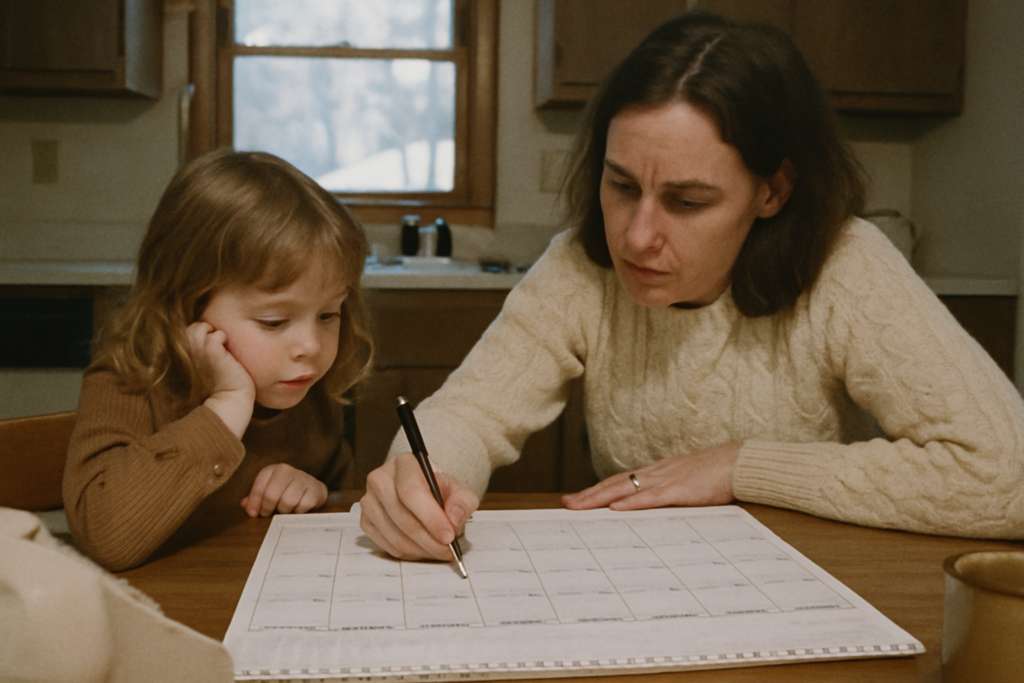Navigating the delicate balance between work and family responsibilities can be a challenging feat for many couples. In my experience, open and effective communication with your partner is key to finding harmony in these dual domains. By fostering a culture of transparency and understanding, you can create a solid foundation for sharing the load and supporting each other in both professional and personal spheres.
In this article, I’ll delve into practical strategies and communication techniques that have proven successful in my own relationships and those of others. From setting clear expectations to actively listening to your partner’s needs, I’ll explore how honest and respectful dialogue can strengthen your bond and prevent misunderstandings. Join me as we uncover the power of communication in maintaining a healthy and thriving partnership amidst the demands of work and family life.
The Importance of Communication in Relationships
Navigating the intricate dance of balancing work and family responsibilities requires a solid foundation of open and effective communication within a couple. Communication is the cornerstone upon which successful partnerships are built and nurtured. It serves as the bedrock for understanding, empathy, and cooperation between individuals sharing their lives.
Healthy relationships thrive on transparent and honest communication. It is the bridge that connects partners, enabling them to express their thoughts, feelings, and concerns openly. Without effective communication, misunderstandings can fester, leading to tension and conflict within the relationship.
By fostering a culture of open dialogue, couples can address challenges collaboratively, whether they stem from work pressures or family commitments. Clear communication allows partners to share the load evenly, supporting each other in navigating the demands of both career and home life.
Communication is not just about talking; it’s about truly listening, understanding, and responding with empathy. When partners communicate effectively, they strengthen their bond, deepen their connection, and fortify their relationship against the stresses of modern-day responsibilities.
Understanding Work and Family Responsibilities
Navigating work and family responsibilities within a relationship requires a solid foundation of communication. Let’s explore how recognizing individual roles and responsibilities and balancing work and family commitments contribute to a harmonious partnership.
Recognizing Individual Roles and Responsibilities
Understanding and acknowledging each partner’s specific roles and responsibilities in the dynamics of work and family life is crucial. By recognizing what tasks and obligations fall under each person’s domain, couples can effectively divide and conquer daily challenges. It fosters a sense of shared purpose and recognizes the unique contributions each individual brings to the relationship.
Balancing Work and Family Commitments
Balancing the demands of work and family life is a delicate juggling act that requires constant communication and adjustment. Striking a balance involves setting priorities, being flexible, and understanding that each partner may need support at different times. By establishing open communication channels and being receptive to each other’s needs, couples can navigate the complexities of work and family responsibilities with greater ease.
Strategies for Effective Communication
Effective communication plays a pivotal role in managing work and family responsibilities within relationships. To ensure smooth communication, active listening techniques are crucial. It involves focused attention, empathy, and understanding towards your partner’s thoughts and feelings.
- Show genuine interest by maintaining eye contact and nodding to indicate understanding.
- Paraphrase your partner’s statements to demonstrate that you comprehend their perspective.
- Ask clarifying questions to delve deeper into their concerns and show your engagement.
- Reflect on what your partner has said before responding to avoid misunderstandings.
- Validate your partner’s emotions by acknowledging their feelings, even if you don’t agree with their viewpoint.
By employing these active listening strategies, you can enhance mutual understanding and strengthen the bond with your partner amidst the complex interplay of work and family responsibilities.
Establishing Boundaries and Expectations
To foster a harmonious balance between work and family responsibilities, clarity around boundaries and expectations is essential. It’s crucial to establish open communication regarding individual preferences, limitations, and commitments when dividing tasks and responsibilities. Setting clear boundaries helps in avoiding misunderstandings and conflicts, ensuring both partners are on the same page.
Effective communication involves expressing needs and expectations openly and honestly. It’s about outlining what each partner is comfortable with and what they expect from one another in terms of support and contribution. By defining boundaries early on, couples can prevent potential disagreements and build a foundation of trust and mutual respect.
When discussing responsibilities, it’s vital to set realistic expectations based on each partner’s capabilities and availability. Acknowledging the strengths and limitations of both individuals allows for a fair distribution of tasks. By understanding each other’s professional and personal commitments, couples can create a supportive environment that accommodates the needs of both partners.
Furthermore, establishing boundaries empowers couples to prioritize self-care and personal time. By clearly defining when work-related discussions are appropriate and when to focus on family matters, individuals can maintain a healthy balance between their professional and personal lives. Communicating effectively about boundaries enables partners to respect each other’s space and individual needs, contributing to a stronger and more resilient relationship.
Effective communication surrounding boundaries and expectations is a fundamental aspect of navigating work and family responsibilities as a couple. By openly discussing preferences, setting clear expectations, and respecting each other’s boundaries, partners can cultivate a supportive and understanding dynamic that enhances their relationship amidst the intricacies of balancing work and family commitments.






